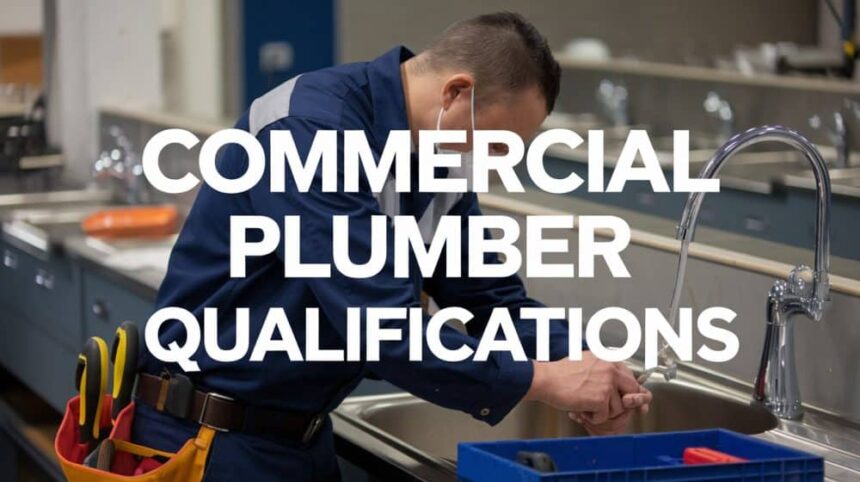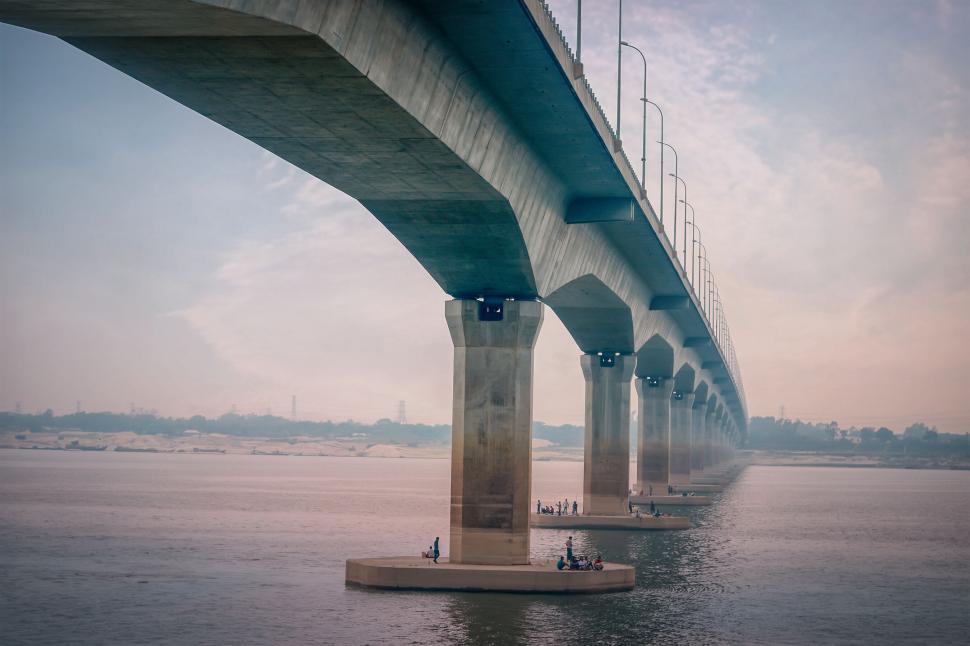Building size, user demand, and operational requirements are some of the factors that influence plumbing needs. Commercial properties may include specific areas like kitchens or production floors with different plumbing requirements. Commercial plumbers use advanced equipment to install and maintain these systems. Here’s how commercial plumbing differs from residential plumbing needs:
System Size and Complexity
Commercial plumbing systems are engineered to serve larger areas with numerous interconnected plumbing fixtures and appliances. They could be multi-storey and need additional vertical and horizontal piping to cover the water and drainage requirements. Water pressure in tall buildings should be controlled with special equipment; this includes booster pumps or pressure-reducing valves. Booster pumps enable higher floors to receive water pressure. Commercial systems can be more complicated than residential systems, with elaborate hot and cold water distribution networks in various zones. In cases of power outages, engine-driven pumps are used so that the building’s occupants are still able to use the plumbing.
Plumbing systems are used in restrooms, kitchens, laboratories, and other special locations. The choice of materials may be based on durability and high-capacity flow, and they should withstand heavy use. Designing such systems includes mapping pipe layouts, connection points, and access to maintenance. This level of complexity requires a commercial plumber experienced with large infrastructure requirements.
Demand and Frequency of Usage
Commercial properties can have numerous users accessing the water fixtures, like sinks and appliances, at the same time. Demand like this needs systems that will sustain water pressure and temperature at high loads. Plumbers should make design decisions so that commercial systems do not undergo performance decline at peak times. A big bathroom or large industrial kitchen may need multiple supply lines to feed several uninterrupted fixtures. Plumbers should also choose materials that are durable to accommodate the frequent opening and closing of plumbing and the alteration of flow.
Regulatory and Safety Requirements
Commercial plumbing should meet strict standards to safeguard the health and safety of the general population. Codes regulate the water temperature, backflow control, and the proper disposal of waste; these codes help systems maintain compliance and safety to accommodate high occupancy. They also make sure that the plumbing system works within the law. Facilities, such as food and healthcare organizations, may be required to meet other sanitation and hygiene requirements. Anti-scald valves, grease interceptors, and waste traps may be required. Some industries need to test the water quality to avoid the possibility of contamination.
Maintenance and Repair Issues
Commercial plumbers sometimes need to make appointments to avoid disrupting business activities. They may need to do repairs during off-peak hours to reduce interference. Some building layouts make access to system components complex. Plumbers may require special equipment to reach high ceilings, large tanks, or heavy-duty pipes.
Some maintenance plans involve preventative actions such as routine inspections, cleaning, and replacing parts. Clearing large drain lines or descaling water heaters may be needed in commercial facilities. Look for plumbing services that respond quickly to maintenance needs and have the tools necessary to complete the repairs.
Work With a Commercial Plumber
Commercial plumbing services help systems be efficient, safe, and reliable. These systems require proper planning and expertise to accommodate commercial properties’ size and occupancy demand. Safety measures and regulations also determine how such systems are installed. Differences between residential and commercial plumbing affect everyday use and long-term performance. Strategies should avoid downtime and increase the lifetime of key elements. Plumbers who are skilled professionals will be able to fill these demands. Get started today by contacting a commercial plumber to evaluate and enhance your business plumbing system to achieve optimal performance and dependability.
- Fintechzoom.com Nikkei 225: Complete Guide to Japan’s Leading Stock Market Index
- Tractor Supply Sales Associate Job Description: Roles, Skills, and Career Growth
- Delta Flight DL275 Diverted to LAX: Full Story, Cause, and Passenger Impact
- Understanding content://cz.mobilesoft.appblock.fileprovider/cache/blank.html: The Complete Guide
- TechPondRK.in: A Complete Guide to the Popular Tech and Entertainment Platform







